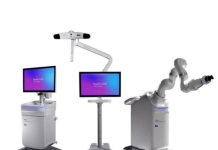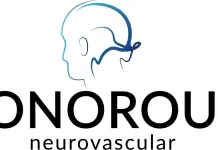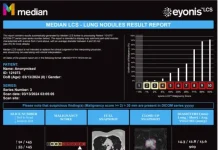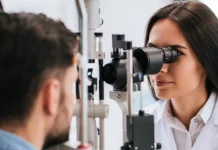QuantalX Neuroscience’s Delphi-MD, a device to monitor and evaluate brain health, has gained de novo classification from the US Food and Drug Administration (FDA), green-lighting the company to commercialise the device at imaging centres across the US.
Delphi-MD is comprised of an electroencephalography (EEG) sensor array ‘cap’ worn on a patient’s head and a processing console. Following the delivery of transcranial magnetic stimulation (TMS) pulses, the EEG sensor captures the brain’s real time response to TMS and creates an image of the brain’s network.
Related: Paradromics gets FDA approval for early feasibility study of Connexus BCI
The system’s overall purpose is to demonstrate how different brain regions interact in real time, to aid clinicians in detecting if a patient’s brain responses are normal, delayed, or abnormal. The mode of these responses could indicate the presence of neurological disease.
Delphi-MD is also applicable for monitoring potential patient progression through neurological conditions such as dementia and Parkinson’s disease or to evaluate how treatments such as medication or surgery are influencing brain function.
Delphi-MD’s software benchmarks recorded imaging data against QuantalX’s proprietary database of healthy adult brains of the same approximate age to evaluate brain health.
Delphi-MD is currently in use for clinical research studies at institutions including Massachusetts General-Brigham and the University of Pennsylvania Traumatic Brain Injury Clinical Research Center. De novo classification from the FDA follows the device’s receipt of a CE mark under Europe’s Medical Device Regulation (EU MDR) in February 2025.
The FDA previously granted Delphi-MD breakthrough device designation for the detection of stroke and dementia, and the detection and treatment prediction for NPH (Normal Pressure Hydrocephalus) in May 2023.
QuantalX’s CEO and co-founder Dr Iftach Dolev commented: “By unlocking direct insight into how the brain is functioning, Delphi-MD gives clinicians an essential piece of the brain evaluation puzzle alongside existing tools.
“This milestone accelerates our mission to make precise, non-invasive neuro-functional assessment accessible in everyday care and to redefine how brain health is evaluated.”




